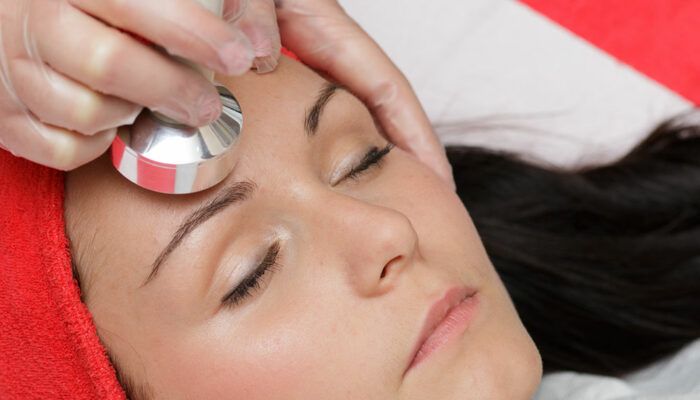
Skin Cancer: Risk Factors and Prevention
Anyone can develop skin cancer, irrespective of their skin type, as it is caused due to exposure to UV rays of the sun. Apart from radiation from the sun, radiation from solariums and tanning beds, large moles and freckles, a family history of cancer can also cause this condition.
Ultraviolet radiation from the sun is essential to maintain the levels of vitamin D in the body. However, too much exposure can cause sunburn, skin damage, premature aging, and skin cancer.
1. Skin cancer risk factors
The following factors considerably increase the risk of developing skin cancer:
- Exposure to sun
Ultraviolet radiation from the sun is composed of ultraviolet type A and type B radiation. Recent research has shown both the types to be a significant cause of skin cancer. People who live at high altitudes or spend more time outside under the midday sun have a higher risk of skin cancer. As a result, recreational sunbathing or tanning is also a cause. - Artificial tanning
Indoor tanning with the use of tanning beds, sun lamps, or tanning parlors increase the chances for one to develop skin cancer. - Fair skin
Though skin of all types, regardless of color, is a considerable skin cancer risk factor. People with fair skin are at more of a risk. Those with blonde or red hair, freckles, and blue eyes are also vulnerable. People whose skin tends to burn rather than tan are at a greater risk. - Ethnicity
Science has not been able to understand how ethnicity causes skin cancer. White people have a tendency to develop Merkel Cell cancer. Meanwhile, people with dark skin are less likely to develop this condition. - Precancerous skin conditions
The presence of actinic keratosis, where the skin has dry, red, brown or scaly, could lead to skin cancer. - Gender
Recently, it has been noticed that most cases of skin cancer have been reported in older and younger white men, thus making gender a crucial risk factor. - History of sunburn or fragile skin
Your skin type has a significant role which makes it more prone to sunburns. Such people have increased chances of squamous cell and basal cell carcinoma. - History of skin cancer
People who have had any form of skin cancer have a 50% more chance of developing skin cancer.
2. Prevention of skin cancer
One can avoid the risks associated with skin cancer through the following tips:
- Avoid tanning beds and sun tanning
- Keep the exposed body parts covered with clothing, sunglasses, and a broad-brimmed hat
- Use a broad-spectrum sunscreen that is effective against both UVA and UVB with a sun protection factor (SPF) of at least 30 or more
- Go for regular skin exams conducted by a dermatologist at least once a year
- Avoid going out in the sun, especially during the afternoons as the sun is harsher during that time



